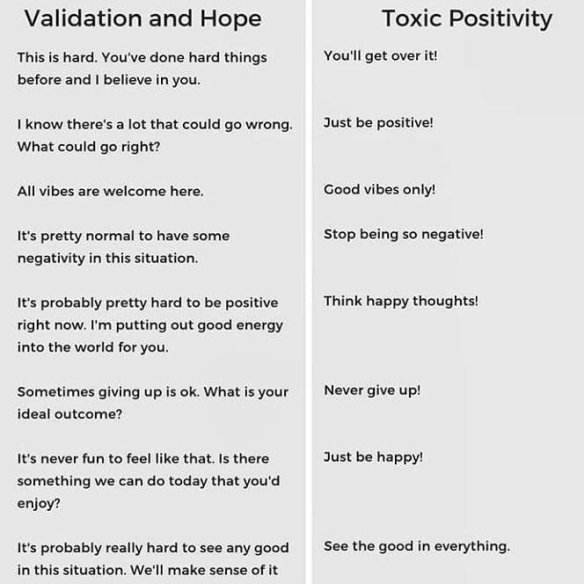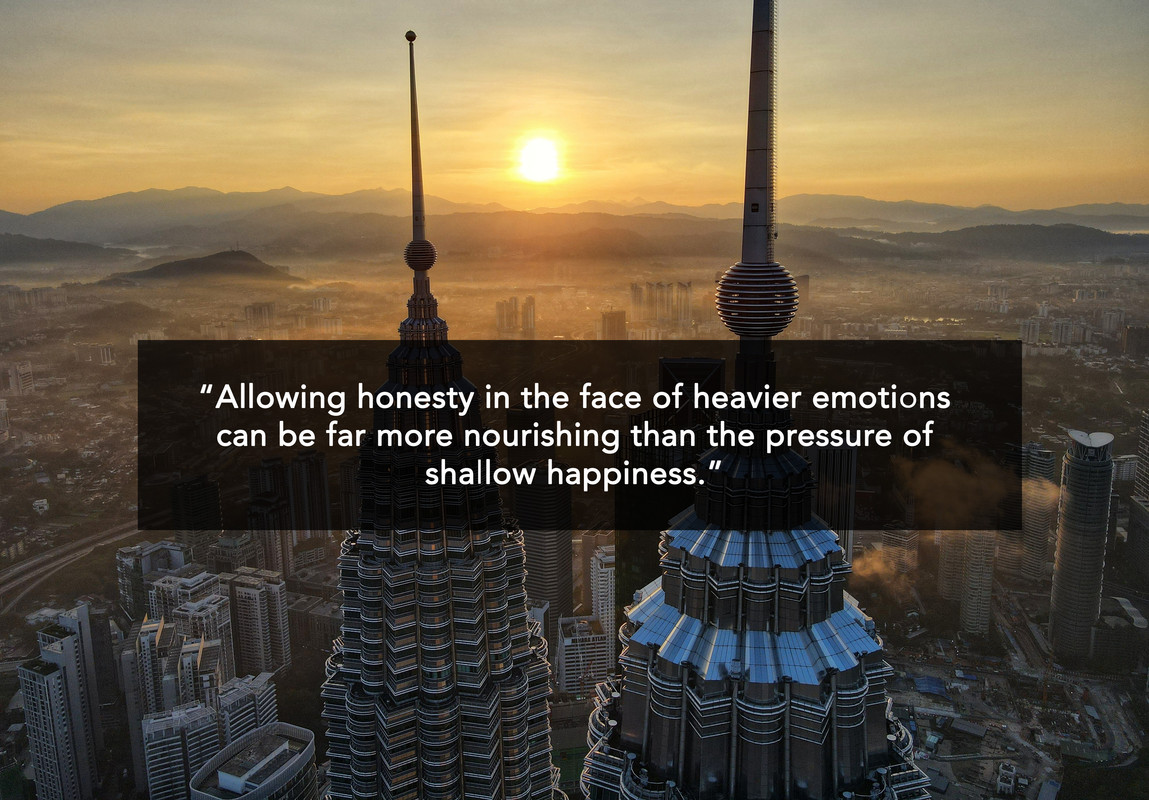Stop Telling Others To 'Just Be Positive'. It's Okay To Not Be Okay
It sends a message that 'everyone is happy but you' to the people or person struggling to cope.
Have you ever heard anyone say these phrases?
"You just need to see the good in your situation. Be grateful."
"Just be happy."
"You'll get over it, stop being so negative."
Welcome to a world of 'good vibes only'. A place where a seemingly positive person is praised for bringing, well... good vibes.
We mean well when we say things to cheer people up, thinking that seeing life through rose-tinted glasses will help us get through tough times.
But please, stop telling others that they just need to lighten up.
Despite your best intentions, you might be doing more harm than good.
Dear friends, meet 'Toxic Positivity'.
She's someone who refuses to see the dark side of anything. So focused on making the world a 'brighter' place in her eyes that she's denied - whether knowingly or unknowingly - a culture that feels pain. Hurt. Anger. Sadness. Real emotions to difficult situations.
Toxic positivity invalidates feelings, telling you it isn't that bad. Or worse, refusing to listen.
She may mean well. But her constant suppression of others' genuine emotions does not make 'negative feelings' disappear.
Don't get me wrong.
Being grateful and having a positive mindset can be helpful in many situations. But it is not a cure for everything. It might instead be making things worse.
In reality, her upbeat 'think happy thoughts' life sets a pattern that overgeneralises happiness and dismisses, denies, or invalidates the full range of human emotions.
It sends a message that 'everyone is happy but you' to the people or person struggling to cope.
We see it in families. We see it at workplaces. And of course, we see it on social media.
It's normal to want to show the happy sides of life. After all, who wants to see you sad in your latest Instagram photo?
Toxic positivity smothers dissent making you feel like you're the problem.
To avoid such statements, here are some examples of what you can say instead to someone who is struggling
Creating or encouraging a culture of toxic positivity is dangerous because it directly or indirectly says that it's not okay to be human
Optimism is necessary. And being hopeful is essential. But denying life's tragedies and the full spectrum of human emotions by insisting on a happy outlook is not always the solution.
Allowing honesty in the face of heavier emotions can be far more nourishing than the pressure of shallow happiness.
If someone finally finds the courage to be honest and open, the worst possible thing you can do is to downplay or dismiss their suffering.
So please, please let others be human
Our world needs love. We need kindness. We need empathy.
We need to take a moment to consider that the person we're speaking to may truly be struggling with something out of our comprehension and that maybe, just maybe, we could offer a listening ear or a genuine hug, even if we may not have the right words.



